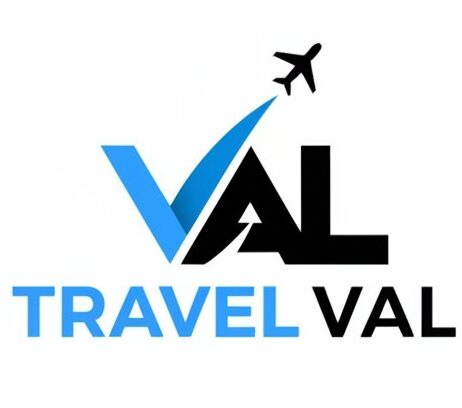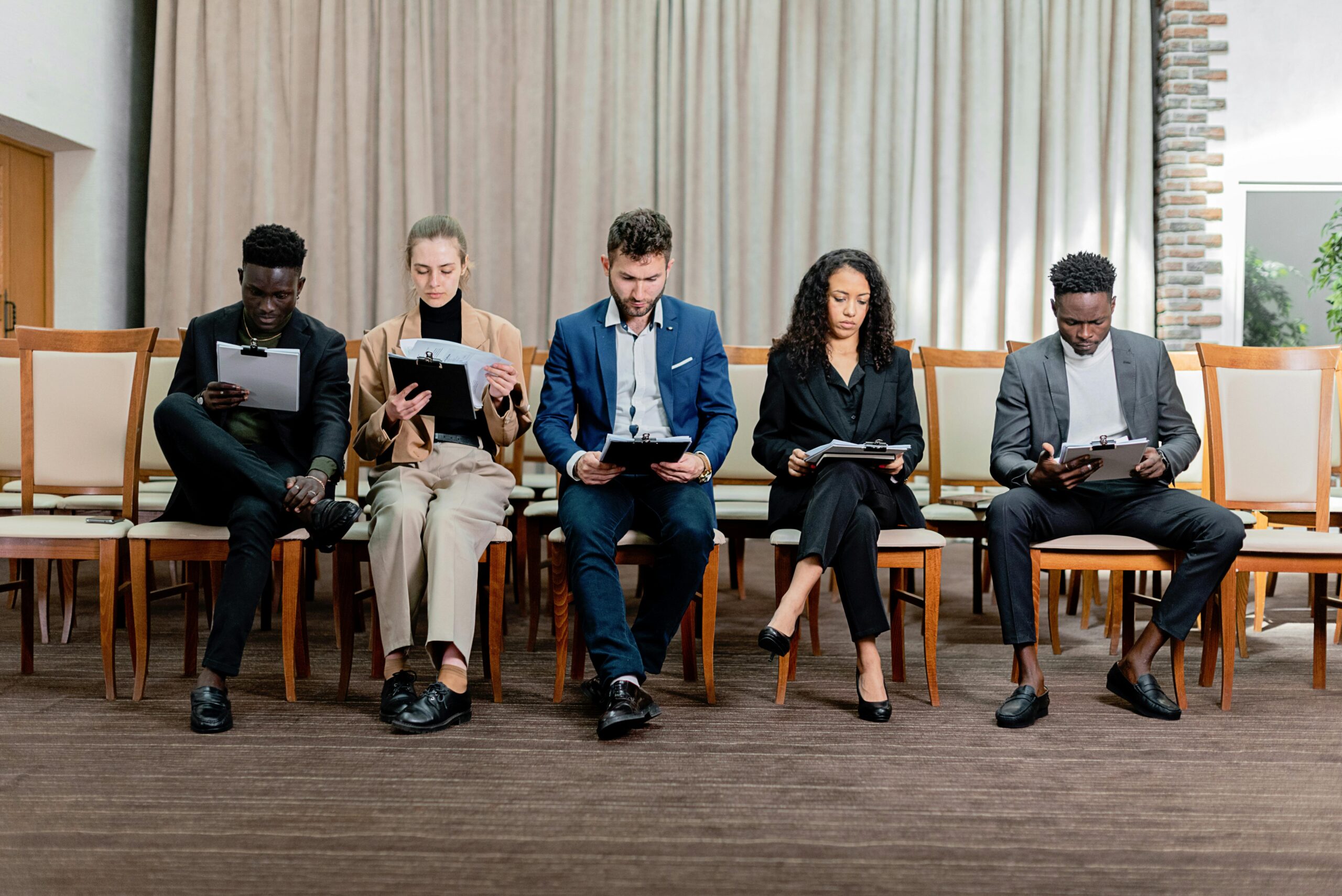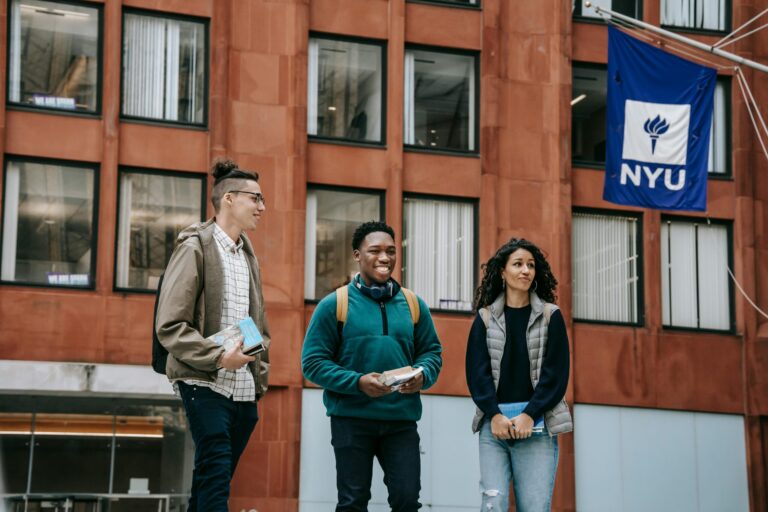Student Visa Interview Questions and How to Prepare for Them
So, you’ve received your university acceptance letter and you’re dreaming about life in a new country—exciting, right? But before you can pack your bags, there’s one big step left: the student visa interview. If the thought of being questioned by a consular officer makes your palms sweaty, don’t worry. You’re not alone, and we’re here to help! In this guide, we’ll explore common student visa interview questions and how to prepare for them, all while keeping things simple, friendly, and relatable.
Why the Student Visa Interview Matters
The visa interview isn’t just a formality. It’s a key part of the visa process that helps determine whether you’ll be allowed to study abroad. Think of it as your opportunity to show that you’re a genuine student with clear academic goals and a solid plan.
A well-prepared interview shows confidence and clarity—two things consular officers love to see. The better prepared you are, the smoother the process will be.
Student Visa Interview Questions and How to Prepare for Them
There are certain questions that come up again and again. Knowing what to expect is half the battle. Let’s break down some of the most common student visa interview questions and how to prepare for them in a way that makes sense.
H2: Questions About Your Chosen University and Course
H3: Why did you choose this university?
They’re not just being nosy—they want to know you’ve put real thought into your decision. Be specific. Maybe it’s the university’s ranking, faculty, research opportunities, or alumni network.
Prep Tip: Talk about how the university aligns with your career goals. Personalize it. Mention if you’ve spoken with alumni or attended a virtual tour.
H3: What course are you planning to study and why?
This is your chance to show passion! Whether it’s computer science, psychology, or graphic design, let your excitement shine through.
Prep Tip: Practice explaining your choice clearly and briefly. Link your past experiences and future goals.
H2: Questions About Finances
H3: Who is sponsoring your education?
They want to make sure you can actually afford to study abroad.
Prep Tip: Be clear about your sponsor (parents, relatives, scholarships). Know the numbers: tuition, living costs, and where the money is coming from.
H3: Can you show proof of funds?
It’s one thing to say you have the money—they might ask you to prove it.
Prep Tip: Keep your financial documents organized and ready. Bank statements, affidavits of support, scholarship letters—have them all neatly filed.
H2: Questions About Future Plans
H3: Do you plan to stay in the country after graduation?
This one can be tricky. Many countries want to know that you’re coming primarily to study—not to immigrate.
Prep Tip: Focus on how the education will benefit your career back home. You can say you’re open to internships or work experience, but emphasize your plans to return.
H3: What are your career goals?
They want to hear that your education has a purpose.
Prep Tip: Link your studies to a realistic career path. It doesn’t have to be a 10-year plan—just a clear direction.
H2: Questions About Travel History and Personal Background
H3: Have you traveled abroad before?
If you have, great! It shows you can adapt. If not, no worries—just be honest.
Prep Tip: Share any travel experience you have, even regional trips. Talk about how you handled new environments.
H3: Why do you want to study abroad instead of in your home country?
They want to understand your motivation.
Prep Tip: Talk about the quality of education, cultural exposure, and career opportunities abroad. Be genuine.
How to Prepare for Your Student Visa Interview
Knowing the student visa interview questions and how to prepare for them is only part of the equation. Let’s look at how to put your best foot forward.
H2: Dress Neatly, But Be Yourself
You don’t need a suit, but avoid pajamas too (yes, it’s happened). Aim for smart casual. Neat, clean, and comfortable is key.
H2: Practice, But Don’t Memorize
It’s a conversation, not a script. Practice with friends or in front of a mirror. Record yourself. Focus on sounding natural and confident.
H2: Be Honest and Positive
If you don’t know an answer or make a mistake, that’s okay. Stay calm and keep things positive. Honesty shows integrity.
H2: Organize Your Documents
You might not need to show all your paperwork, but having it handy shows you’re prepared.
Checklist:
- Passport
- University acceptance letter
- Visa application form
- Financial documents
- Educational transcripts
- Test scores (IELTS, TOEFL, etc.)
H2: Visualize Success
It sounds cheesy, but it works. Picture yourself walking out of the embassy smiling. That confident mindset can go a long way.
Real Student Stories: Facing the Interview with Confidence
Let’s meet Riya and Jacob.
Riya, from India, was so nervous about her U.S. visa interview that she practiced every night with her cousin. When the real day came, she felt ready. Her consular officer asked her about her course, her university, and her financial documents. She answered clearly and smiled throughout—and got her visa on the spot.
Jacob, from Kenya, didn’t have prior travel experience. He focused on his strong academic record and career plans back home. He got a few tough questions, but he stayed calm and respectful. His honesty paid off.
Their secret? Preparation and mindset. Just like you’re doing now.
Final Thoughts: Your Visa Interview is a Step, Not a Wall
Student visa interviews can feel intimidating, but they’re not meant to trip you up. They’re simply a way to confirm that you are who you say you are: a student ready to learn and grow abroad.
With these student visa interview questions and how to prepare for them, you now have a solid roadmap. Prepare with heart, stay honest, and walk in with confidence. Your adventure is just getting started!
FAQs: Student Visa Interview Questions and How to Prepare for Them
H3: How long does the interview last?
Usually 5 to 15 minutes. Some are shorter; some go longer depending on the case.
H3: What if I don’t understand a question?
Politely ask them to repeat it. It’s okay to need clarification.
H3: Can I bring someone with me?
Interviews are typically solo, but you can have someone accompany you to the consulate waiting area.
H3: Will they keep my documents?
They might keep your passport to process the visa, but you usually get your documents back.
Wherever you’re headed, just remember: you’re not alone, and you’ve got this. Good luck!







